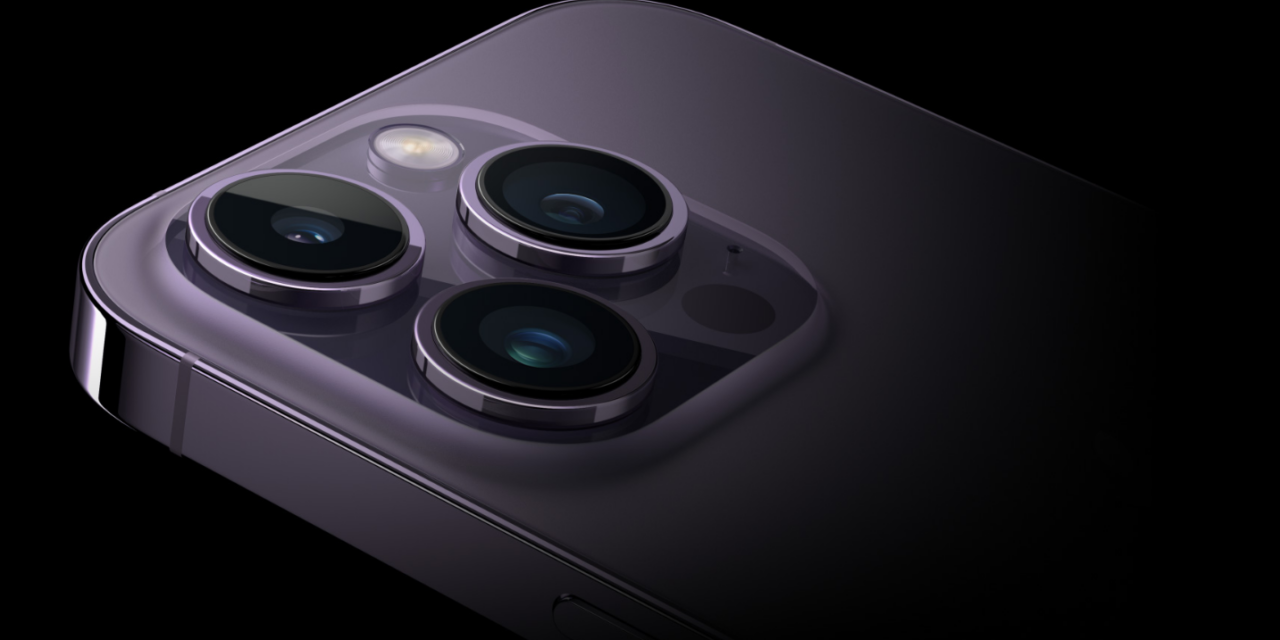
Apple has been relying on TSMC’s foundry for a few years to fabricate its A-series chips used inside iPhones and iPads. While the A13 chip inside 2019 iPhones will continue to be fabricated on 7nm, TSMC is working on its 5nm foundries to secure orders from Apple for 2020 iPhones.
As the fabrication size reduces, it level of complexity and cost associated with it increases. However, a die shrink leads to notable efficiency gains and performance improvements which is why we have been seeing so frequent die shrinks over the last few years in the smartphone world.
In addition, TSMC has obtained 7nm chip orders for 5G related applications including HPC and IoT from AMD, Nvidia, Xilinx, NXP, OmniVision and TI, the sources added. TSMC is expected to secure the first 5nm chip orders from Apple for the 2020 iPhones, the sources continued.
While the A13 chip inside 2019 iPhones will continue to be fabricated on the 7nm fab from TSMC, it is expected to make use of EUV (extreme ultraviolet lithography) for improvements to performance and efficiency.
As we reach the limit of Moore’s Law, it is getting difficult for TSMC and Samsung to reduce the die size further. For example, while TSMC is already fabricating 7nm chips for Apple and Huawei since last year, Samsung’s 7nm fab is still not ready. That’s why its Exynos 9820 chip found inside the Galaxy S10 series is based on the 8nm fab. It is due to this reason why TSMC is again likely to fabricate Apple’s A14 chip for 2020 iPhones.
Intel, which once had the leading foundry in the market, has been having trouble with its 10nm foundries since quite a few years now. This has led the company to revise its roadmap multiple times now. Given the relatively poor performance of Samsung’s foundries, it is unlikely that we will see Apple use its foundries for fabricating its chips anytime soon.
[Via DigiTimes]
Like this post? Share it!






Recent Comments